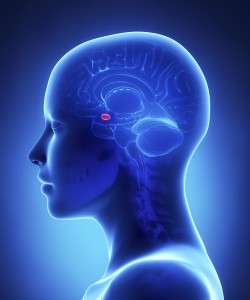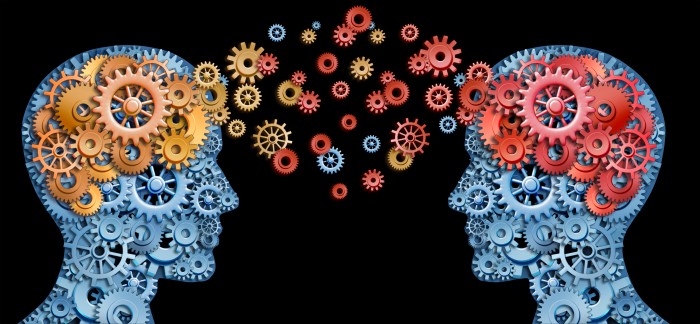Psychologist Abigail Marsh had a hunch. To prove it, she rounded up a group of 39 people of all walks of life from throughout the country. The members of this vastly disparate group shared one thing in common: they had all donated a kidney to save someone else’s life.
They convened at Georgetown University, where Marsh is an associate professor. To her surprise, many of them tried to refuse the reimbursement for their travel. They felt it would be taking money away from science. They showed up punctually, some of them well before the study was to get underway. The participants “could not have been more delightful,” Marsh told the Los Angeles Times.
Kindness on the Brain
In Marsh’s research work at Georgetown University, she investigates the brain science behind human social interactions — in particular, the way a given human brain and its individual variations affect aggression, empathy, violence and altruism.
The study with the kidney donors was aimed at answering a specific question: do generous people have different brains?
[socialObu shorturl=”http://ow.ly/FO9Cl”]Do generous people have different #brains? @Georgetown research may have the answer[/socialObu]
Participants in Marsh’s study underwent multiple brain scans, answered a battery of questions and took in a variety of facial expressions that flashed momentarily on a screen in front of them. And indeed, Marsh’s hunch was correct: the brains of the 39 kidney donors were larger than the human standard by an average of 9%.
But what really stood out was the particular area of their brains that was bigger than average: the amygdala.
The Empathetic Center of the Brain
 This almond-shaped section of the brain, which lies deep within the folds of brain tissue, is a region that processes emotional stimuli, such as fear or distress. For a long time, scientists have noted that the size of the amygdala correlates with social complexity among animals. In particular, mammals that give live birth to their young, Marsh said, are predisposed to respond to anything vulnerable or helpless — in other words, something that reminds them of their own infant.
This almond-shaped section of the brain, which lies deep within the folds of brain tissue, is a region that processes emotional stimuli, such as fear or distress. For a long time, scientists have noted that the size of the amygdala correlates with social complexity among animals. In particular, mammals that give live birth to their young, Marsh said, are predisposed to respond to anything vulnerable or helpless — in other words, something that reminds them of their own infant.
It seems that the amygdala, which also processes memories cued by smell, taste and touch, is responsible for instinctive responses like compassion, kindness and acts of self-sacrifice. A bigger, better developed amygdala means a more developed sense of empathy…which, in turn, means a greater disposition to acts of generosity and selflessness. Like donating a kidney.
What Makes the Difference?
Brain scientists have long been searching for a biological explanation for why some people are so well-developed, in terms of empathy, while others lean toward the antisocial end of the scale. In other words, can neuroscience explain the difference between altruists and psychopaths?
Marsh and her colleagues published their findings last September in the journal Proceedings of the National Academy of Sciences. They stated their conclusion like this:
“Altruists exhibited variations in neural anatomy and functioning that represent the inverse of patterns previously observed in psychopaths, who are unusually callous and antisocial. These findings suggest extraordinary altruism represents one end of a caring continuum and is supported by neural mechanisms that underlie social and emotional responsiveness. … Our results support the possibility of a neural basis for extraordinary altruism. We anticipate that these findings will expand the scope of research on biological mechanisms that promote altruistic behaviors to include neural mechanisms that support affective and social responsiveness.”
From Healing to Health
Marsh’s research represents the other side of the coin from a much-discussed aspect of brain science that recent NFL and high school sports scandals have brought to light: that repeated injury to the brain may be directly linked to violence and psychopathy.
One thing is certain: the more we learn about how brain health supports healthy human behavior, the greater hope we have for helping brain injury victims receive the support they need to recover.
At the Brain Injury Law Center, we are experienced in helping victims of traumatic head injury obtain the resources they need to secure treatment and recover their quality of life. Contact us at to learn more about how we can help you.



